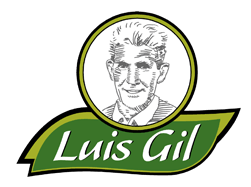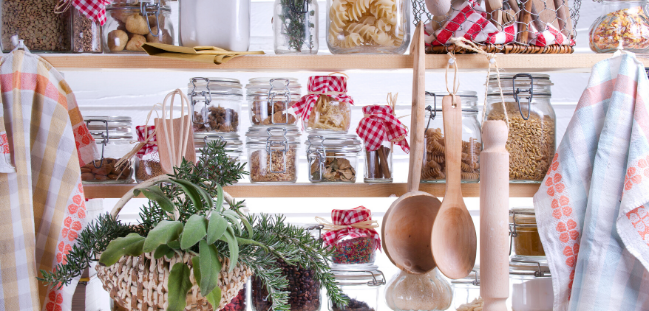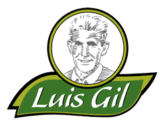Responsible consumption consists of modifying our consumption habits to adapt them to our real needs by acquiring products that promote the conservation of the planet, social equality and the well-being of workers.
Here we leave you some basic guidelines to make our food purchase more responsible.
1. Make a list of what you really need
Plan in advance what you really need according to your lifestyle, your menus and your eating habits. Make a list of products and when you go shopping try not to go beyond that. Try to shop after eating so that hunger is not a bad advisor when choosing the products you are going to buy.
2. Say no to plastics and yes to bulk
Avoid foods overwrapped in plastic. In some supermarkets we can find really absurd things such as bananas packaged in trays and film, pastries in individual bags and then packaged in a larger bag... All this useless plastic generates a large amount of waste.
Bet on buying this same product in bulk and also always carry your reusable bags to transport your purchase.
3. Choose organically produced foods
Search organic production and livestock foods. Not only will you be taking better care of your health and that of your family, you will also be collaborating with a form of sustainable production that is respectful of the environment and people. Search in the hang tags the ecological certification badges to avoid products that are sold as organic or eco but that in reality are not and do not have official certification. The euroleaf is the European badge for ecological, organic or bio products, although there are also seals from private organizations that are a guarantee such as Fair Trade or Rainforest Alliance.
4. Find out where the fish comes from
Our country is a large consumer of fish and it is our responsibility as consumers to contribute to sustainable and respectful management of fishing resources. For this reason, when you buy fish, find out about its origin (where they are caught, how they are caught...). Buy “seasonal” fish and specimens that respect the minimum and closed sizes. Always try to look for the MSC (wild fishery) and ASC (for aquaculture) sustainability seal
5. Practice #realfooding
Stick to “real food.” Avoid ultra-processed products and buy fresh, natural products, or those made by hand, with few ingredients, preferably 1 to 5. Cook!
It is a bit of a return to grandmother's kitchen and the eating habits of previous generations but with a name with enough appeal to interest new generations. Opting for this type of diet takes care of your health and also that of the planet and prevents diseases such as obesity or type 2 diabetes.
6. Buy local and seasonal
Prioritize local and seasonal foods. You will be supporting local producers and avoiding complicated distribution chains that only increase the price of products and generate CO2 with transportation.
It assumes that we cannot have all the food available all year round. This is so and although now thanks to globalization and technology we can eat watermelon in January and strawberries in February, don't do it!
Seasonal products are picked at their exact point of ripeness and have a better flavor, higher nutritional content and are also cheaper.
To find out which foods are typical for each month or season, you can visit the websitehttps://soydetemporada.es.




Hola,
I loved the article. I think all the points are very correct and especially the first and the first. It is very important to buy what we really need. I never tire of saying it. Do not buy what you do not need since many times a significant amount is wasted. The other day they showed the average monthly amount that a family throws away in Spain and it was scary. The more macro the figures were, the scarier it was. But of course. Consumerism…oh, and I do go with my recyclable bag everywhere, even to the supermarket. I can't wait until they ban plastics once and for all. All the best. Daniela 🙂
Thank you Daniela! If we all do a little bit of our part we can achieve it. We just have to become aware that as consumers we have the power to change things. All the best!